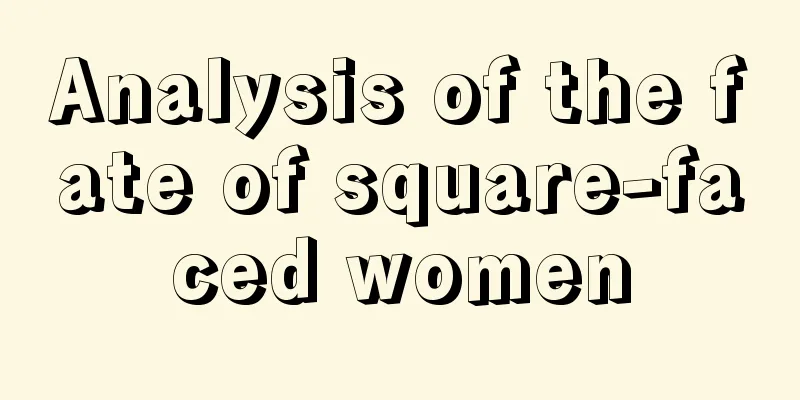Evaluating the EU’s new definition of virtual currencies

|
Rage Comment : In order to combat global terrorist activities, the EU has targeted the financing channels that they may use. The uncertainty of virtual currencies has always caused governments to question their illegal uses. This time, the European Commission adopted new legislative proposals to include virtual currency exchanges and custodial wallet providers in the EU Anti-Money Laundering Directive and also gave a definition of virtual currency. Although it is currently unknown what impact this decree will have, it at least opens up new prospects for the improvement of relevant laws and regulations in various countries. Translation: Annie_Xu This week the European Commission adopted a legislative proposal to bring virtual currency exchanges and custodial wallet providers under the EU's Anti-Money Laundering Directive. Of course, this decision of the EU is to be expected, as the European Commission hopes to expand the framework of the anti-money laundering law. However, the importance of this legal proposal has gone beyond the anti-money laundering law. Perhaps the new EU legal definition of virtual currency is the factor that has the greatest impact on the bill, as it is the first definition under EU law. The EU defines virtual currency as: "a digital representation of value that is not issued by a central bank or a government agency and may be independent of legal tender; but a natural or legal person recognizes its payment function and can be electronically transferred, stored or traded." This definition is very broad and technically neutral (theoretically not limited to virtual currencies such as Bitcoin). Then it has two parts: one is the broad concept of "digital embodiment of value" issued by non-governmental agencies; the other is that people must recognize its status and electronic form as a payment method (without specifying the effective scale). Its broad concept makes people wonder how to treat virtual currencies such as ether, the native currency of the Ethereum blockchain. For example, ether is traded on exchanges, but it is rarely used for payment. From January 1, 2017, all member states’ anti-money laundering laws must include this definition. In many countries, this is the first time that virtual currencies have been included in the legal scope. While the definition will have direct application in anti-money laundering legislation, it may also affect other laws. That is, the definition of “virtual currency” could be incorporated into the legal systems of EU countries. Courts and government agencies would no longer have to make their own interpretations (sometimes tailored to specific objectives), but would have to adopt the legal definition from existing anti-money laundering legislation. And it could become an effective tool for national financial regulators or tax authorities, which currently have no legal anchor. Now there is a ready-made legal definition to adopt. But we don’t yet know if it will stand the test of time, or if it will contribute to the development and improvement of technology in the region. |
<<: IWF and blockchain company Elliptic team up to end illegal Bitcoin transactions
Recommend
Cold and violent personality traits
Facial features: 1. Narrow forehead In physiognom...
When I feel bad, I want to see the face of the sea
It is normal to be in a bad mood. As a human bein...
SWIFT Research Report: Smart contracts and distributed ledger technology require standard terminology to enable interoperability between systems (Download the full report)
In April this year, SWIFT began to study distribu...
The face that keeps talking even when eating
Generally speaking, you should focus wholehearted...
The countries with the most Bitcoin users are revealed, with China only ranking third
On December 2, 2016, Bitcoin surged, reaching $80...
Is it true that men with dry shoulders and moles will have a short life?
Is the fate of a man with a mole on his shoulder ...
What kind of woman can't be the principal wife?
What kind of woman can't be the principal wif...
Zcash Mining Guide--Version 0.2
PDF version download: Zcash Mining Guide - Versio...
How fateful it is for a woman with willow-shaped eyebrows to easily miss the opportunity for promotion!
What do women's willow-shaped eyebrows look l...
UK regulator warns 111 unregistered cryptocurrency firms
The UK Financial Conduct Authority (FCA) has warn...
What kind of eyebrow shape is most suitable for a prosperous husband?
In physiognomy, not only the face can reveal whet...
UK ban on selling crypto derivatives to retail investors takes effect on January 6
According to BlockBeats, a ban on the sale of cry...
There is no fortune line on the palm
There is no money line on the palm. As one of the...
Very stubborn facial features
Nowadays, some people are easier to communicate w...
What does sparse teeth mean?
Someone asked what does sparse teeth mean? In den...









